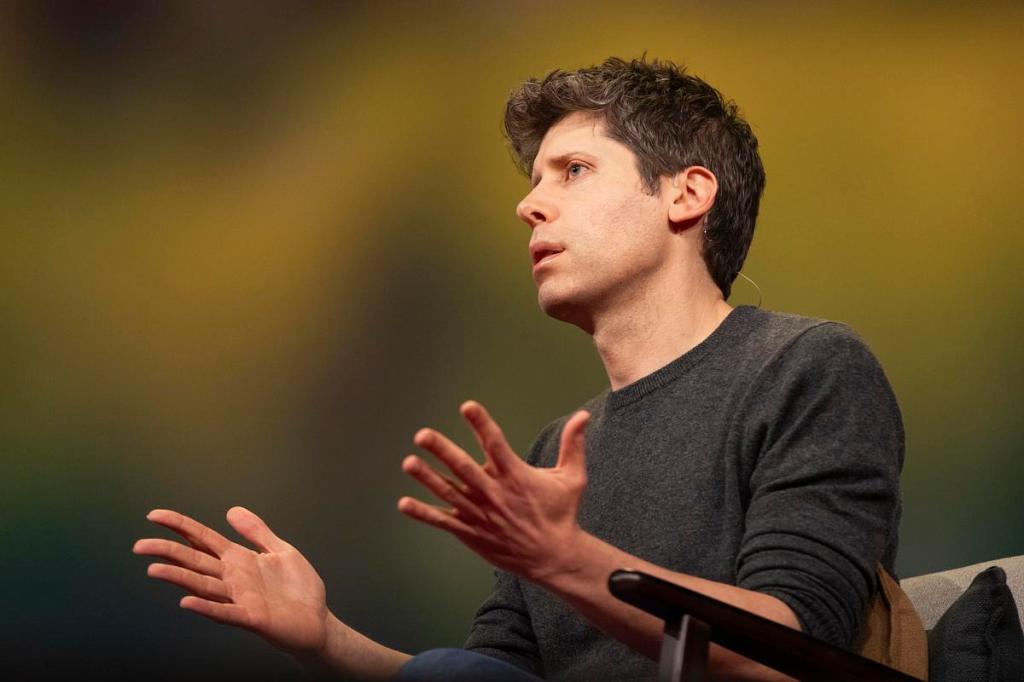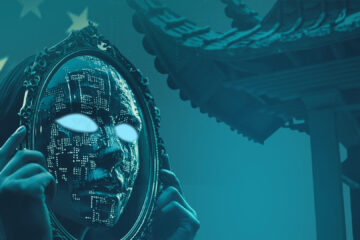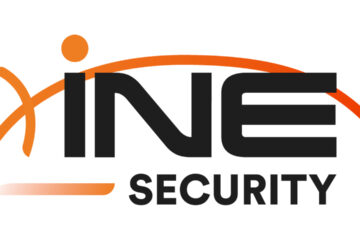Join our daily and weekly newsletters for the latest updates and exclusive content on industry-leading AI coverage. Learn More
OpenAI CEO Sam Altman revealed that his company has grown to 800 million weekly active users and is experiencing “unbelievable” growth rates, during a sometimes tense interview at the TED 2025 conference in Vancouver last week.
“I have never seen growth in any company, one that I’ve been involved with or not, like this,” Altman told TED head Chris Anderson during their on-stage conversation. “The growth of ChatGPT — it is really fun. I feel deeply honored. But it is crazy to live through, and our teams are exhausted and stressed.”
The interview, which closed out the final day of TED 2025: Humanity Reimagined, showcased not just OpenAI’s skyrocketing success but also the increasing scrutiny the company faces as its technology transforms society at a pace that alarms even some of its supporters.
‘Our GPUs are melting’: OpenAI struggles to scale amid unprecedented demand
Altman painted a picture of a company struggling to keep up with its own success, noting that OpenAI’s GPUs are “melting” due to the popularity of its new image generation features. “All day long, I call people and beg them to give us their GPUs. We are so incredibly constrained,” he said.
This exponential growth comes as OpenAI is reportedly considering launching its own social network to compete with Elon Musk’s X, according to CNBC. Altman neither confirmed nor denied these reports during the TED interview.
The company recently closed a $40 billion funding round, valuing it at $300 billion — the largest private tech funding in history — and this influx of capital will likely help address some of these infrastructure challenges.
From non-profit to $300 billion giant: Altman responds to ‘Ring of Power’ accusations
Throughout the 47-minute conversation, Anderson repeatedly pressed Altman on OpenAI’s transformation from a non-profit research lab to a for-profit company with a $300 billion valuation. Anderson voiced concerns shared by critics, including Elon Musk, who has suggested Altman has been “corrupted by the Ring of Power,” referencing “The Lord of the Rings.”
Altman defended OpenAI’s path: “Our goal is to make AGI and distribute it, make it safe for the broad benefit of humanity. I think by all accounts, we have done a lot in that direction. Clearly, our tactics have shifted over time… We didn’t think we would have to build a company around this. We learned a lot about how it goes and the realities of what these systems were going to take from capital.”
When asked how he personally handles the enormous power he now wields, Altman responded: “Shockingly, the same as before. I think you can get used to anything step by step… You’re the same person. I’m sure I’m not in all sorts of ways, but I don’t feel any different.”
‘Divvying up revenue’: OpenAI plans to pay artists whose styles are used by AI
One of the most concrete policy announcements from the interview was Altman’s acknowledgment that OpenAI is working on a system to compensate artists whose styles are emulated by AI.
“I think there are incredible new business models that we and others are excited to explore,” Altman said when pressed about apparent IP theft in AI-generated images. “If you say, ‘I want to generate art in the style of these seven people, all of whom have consented to that,’ how do you divvy up how much money goes to each one?”
Currently, OpenAI’s image generator refuses requests to mimic the style of living artists without consent, but will generate art in the style of movements, genres, or studios. Altman suggested a revenue-sharing model could be forthcoming, though details remain scarce.
Autonomous AI agents: The ‘most consequential safety challenge’ OpenAI has faced
The conversation grew particularly tense when discussing “agentic AI” — autonomous systems that can take actions on the internet on a user’s behalf. OpenAI’s new “Operator” tool allows AI to perform tasks like booking restaurants, raising concerns about safety and accountability.
Anderson challenged Altman: “A single person could let that agent out there, and the agent could decide, ‘Well, in order to execute on that function, I got to copy myself everywhere.’ Are there red lines that you have clearly drawn internally, where you know what the danger moments are?”
Altman referenced OpenAI’s “preparedness framework” but provided few specifics about how the company would prevent misuse of autonomous agents.
“AI that you give access to your systems, your information, the ability to click around on your computer… when they make a mistake, it’s much higher stakes,” Altman acknowledged. “You will not use our agents if you do not trust that they’re not going to empty your bank account or delete your data.”
’14 definitions from 10 researchers’: Inside OpenAI’s struggle to define AGI
In a revealing moment, Altman admitted that even within OpenAI, there’s no consensus on what constitutes artificial general intelligence (AGI) — the company’s stated goal.
“It’s like the joke, if you’ve got 10 OpenAI researchers in a room and asked to define AGI, you’d get 14 definitions,” Altman said.
He suggested that rather than focusing on a specific moment when AGI arrives, we should recognize that “the models are just going to get smarter and more capable and smarter and more capable on this long exponential… We’re going to have to contend and get wonderful benefits from this incredible system.”
Loosening the guardrails: OpenAI’s new approach to content moderation
Altman also disclosed a significant policy change regarding content moderation, revealing that OpenAI has loosened restrictions on its image generation models.
“We’ve given the users much more freedom on what we would traditionally think about as speech harms,” he explained.
When it comes to model alignment, it’s important to consider what the user wants the model to do, within the boundaries set by society. This approach could lead to a shift where users have more control over AI outputs, aligning with the idea of letting the broader population determine the guidelines, rather than a select few.
Sam Altman, in a recent interview, highlighted the potential for AI to connect with people worldwide and understand their collective values. This contrasts with the traditional method of a small group making decisions on behalf of society.
Looking Ahead: Altman’s Vision for an AI-Powered Future
Altman also shared thoughts on the future his child will face, where AI surpasses human intelligence. He envisions a world of abundant smart products and rapid change, posing both opportunities and moral dilemmas.
The interview ended with a thought-provoking statement about the significant decisions Altman and others in the AI industry will have to make in the near future.
Navigating Challenges: OpenAI’s Role in the AI Landscape
Altman’s appearance at TED comes at a crucial time for OpenAI and the AI sector as a whole. The company faces legal battles while pushing the boundaries of AI capabilities.
Recent breakthroughs like ChatGPT’s image generation feature have sparked debates on copyright and creativity. Altman’s discussion highlighted the need to address safety, ethics, and societal impact in AI development.
The interview shed light on the complexities OpenAI faces in balancing technological advancement, profit motives, societal good, creative rights, and public opinion.
As the future unfolds, the decisions made by Altman and his peers will shape the path of AI development and its impact on humanity. The challenge lies in fulfilling OpenAI’s mission of ensuring the benefits of artificial general intelligence reach all of humanity.


